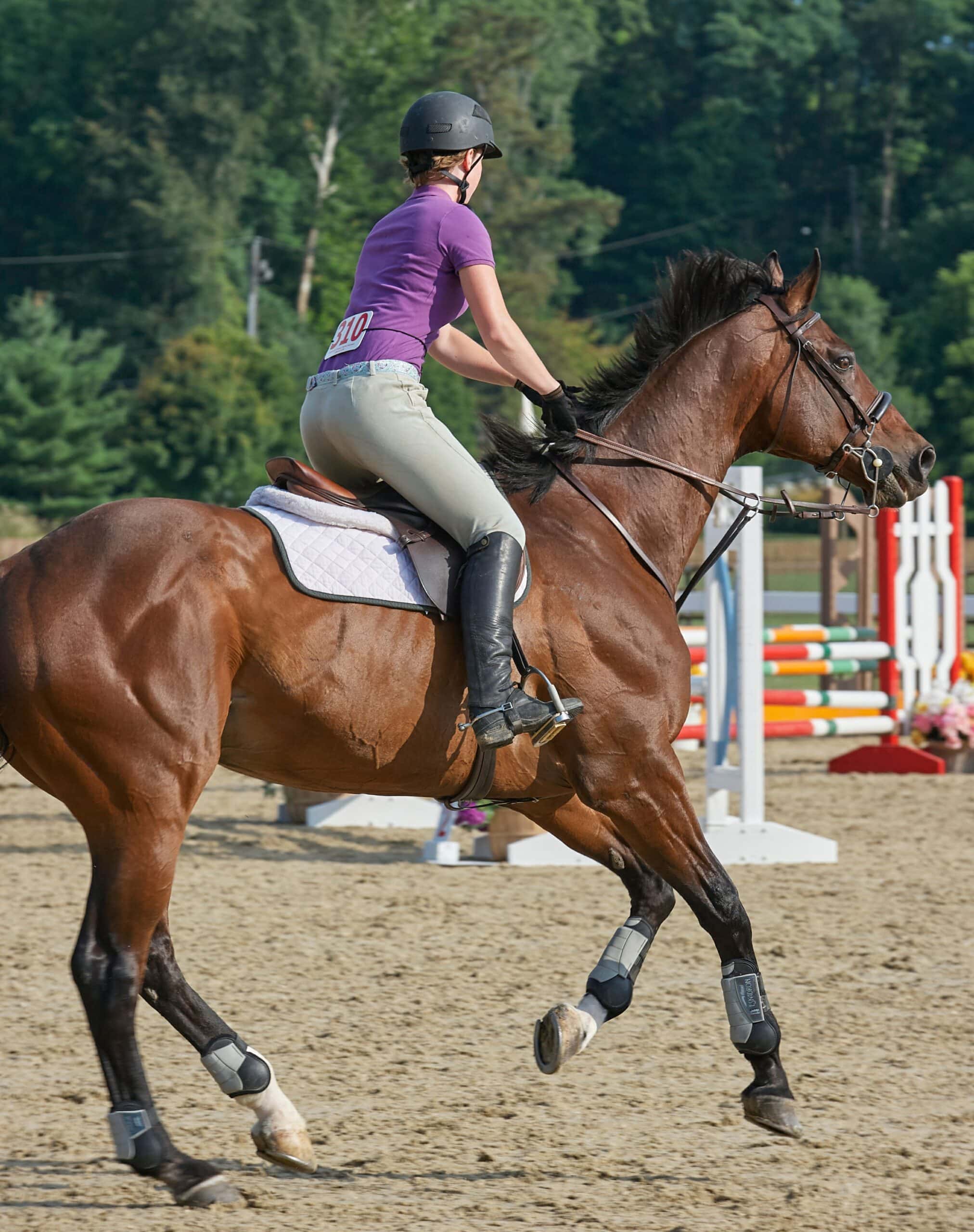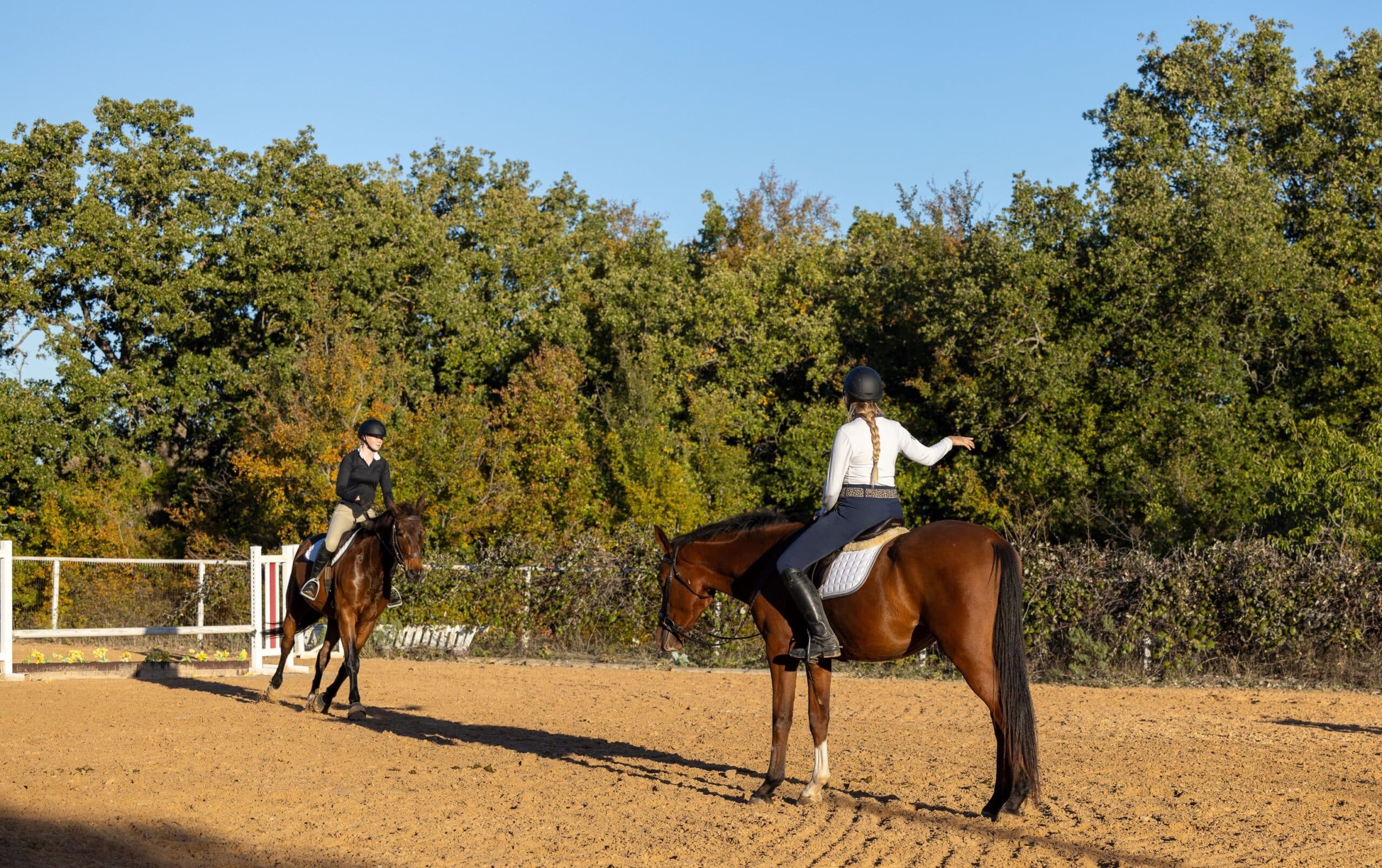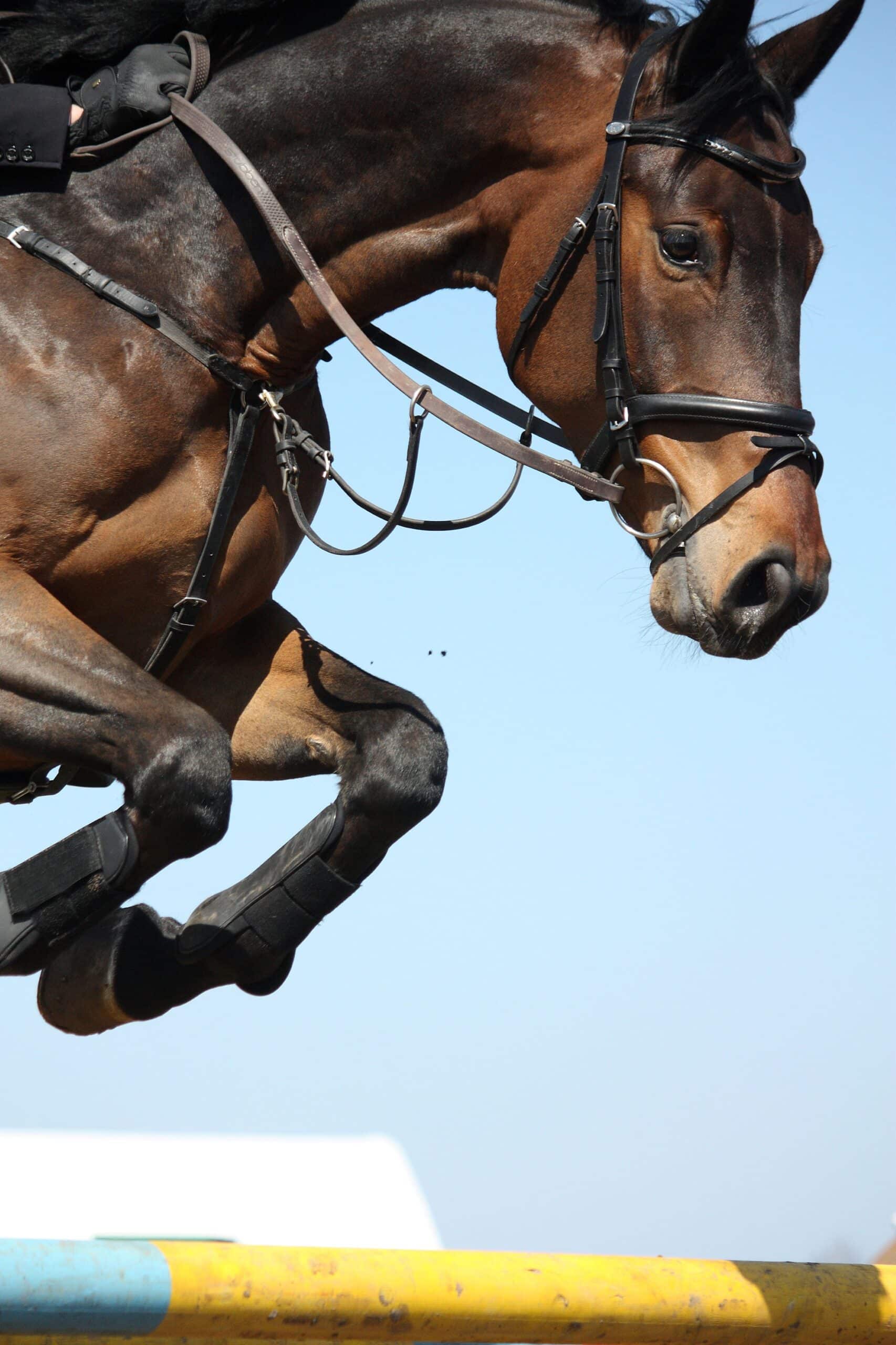Finding the perfect partner for show jumping is an exhilarating journey for any rider, especially when browsing hunter jumper horses for sale. Selecting the right horse isn’t just about athleticism—it’s about finding a partner that matches the rider’s style, goals, and skills. In this guide, we explore what makes a great show partner, the traits to prioritize, and essential tips to make an informed decision.
Understanding the Basics: What Defines a Good Show Horse?
Show jumping horses are unique; they combine agility, strength, and a keen mind for challenges. Unlike other equestrian sports, hunter jumpers require a balance of speed, precision, and grace. When beginning the search, it’s important to consider both physical characteristics and temperament.
Key physical traits include:
- Size and build: The horse should have the right proportions to jump effortlessly without strain.
- Athleticism: Muscular build and strong hindquarters are essential for power over jumps.
- Soundness: A healthy horse without joint or muscle issues ensures longevity in training and competition.
Temperament, on the other hand, is equally essential. Show jumpers need a focused, confident, and somewhat competitive spirit. Horses that easily respond to guidance and enjoy structured training sessions make ideal candidates. A nervous or overly sensitive horse, while trainable, may require extra patience and specialized training. If you’re ready to explore options, discover hunter jumper horses for sale that meet top show jumping standards
Matching Horse and Rider: Finding the Perfect Fit

A harmonious partnership in show jumping requires compatibility between horse and rider. This involves more than just training style; it’s about mutual trust and understanding each other’s strengths and weaknesses. Here are aspects to consider:
- Rider Experience Level: Newer riders might benefit from a seasoned, well-trained horse, while advanced riders often prefer young horses with room for training.
- Training Goals: Clear objectives help in identifying a horse that matches these ambitions, whether they are local competitions or professional events.
- Personality Compatibility: Horses, like people, have distinct personalities. Spend time with the horse, observe their responses, and ask yourself if you feel comfortable handling them.
Choosing a horse based on personal riding style is also crucial. Riders who enjoy a spirited, fast-paced approach might lean towards a high-energy horse, while others may prefer a calmer, steadier partner.
Essential Traits of an Ideal Show Jumper
Once the basics are clear, look at specific traits that distinguish exceptional show jumpers:
- Agility and Flexibility: The horse should be able to make quick turns and maneuver gracefully without losing balance.
- Stamina: Show jumping can be physically demanding; a horse with high endurance can perform consistently without showing signs of fatigue.
- Courage and Confidence: Show jumpers face intimidating jumps; horses need confidence to attempt and clear them with minimal hesitation.
- Trainability: Horses with a willingness to learn and adapt are easier to train and improve over time, making them valuable partners in the long run.
Here’s a concise checklist for potential buyers evaluating show jumping horses:
| ✅ | Trait / Requirement |
| 🏋️♂️ | Strong Muscular Build: Check for powerful hindquarters and well-developed muscles. |
| 🧠 | Calm & Focused Temperament: Look for a horse that is confident, not easily spooked, and can handle stressful environments. |
| 🏇 | Agility & Flexibility: The horse should be able to turn quickly and jump with ease. |
| 💪 | Endurance: Ensure the horse can perform consistently without showing signs of fatigue. |
| 🧬 | Sound Health: Inspect for sound joints, good conformation, and a healthy coat—veterinary checks are essential. |
| 🐴 | Trainability: Choose a horse that responds well to guidance and enjoys learning. |
| 🧩 | Compatibility with Rider: Ensure the horse’s style and personality match the rider’s experience and goals. |
Experienced trainers can help assess these qualities during trials. Observing how a horse reacts to varied courses, heights, and patterns is a good indicator of its future potential.
Tips for Trial Rides and Evaluations
The trial ride is a critical stage in choosing your show partner. Here’s how to make the most of it:
- Ride in Different Settings: See how the horse responds indoors, outdoors, and in varied environments to gauge adaptability.
- Test with a Simple Course: Include a mix of short jumps and turns. This will help evaluate their reaction time, focus, and energy level.
- Assess Responsiveness: During the ride, observe how quickly the horse responds to commands. Is it cooperative and willing, or does it require more guidance?
Trial rides also help uncover any quirks or habits a horse may have. Some horses perform well on familiar grounds but become tense in new places. A trial in different settings gives you an accurate picture of how adaptable and consistent the horse truly is.
Financial and Time Commitments
Owning a show jumping horse requires both time and financial dedication. Beyond the initial purchase, factor in costs for stabling, training, feed, equipment, and veterinary care. High-quality care and specialized training programs can make a substantial difference in the horse’s performance and health.
It’s also essential to set aside time for bonding and conditioning. Show jumping horses thrive on consistent training schedules, so regular practice sessions, health checks, and mental engagement are essential. For those new to horse ownership, discussing these aspects with experienced riders or trainers can provide a realistic view of the commitment involved.
Working with Professionals: Trainers and Equestrian Centers

A professional trainer can provide invaluable guidance throughout your journey. Not only can they help in selecting a suitable horse, but they also support ongoing training and troubleshooting. Equestrian centers offer access to specialized trainers and facilities, such as jump courses and obstacle variations that replicate competitive environments.
When you’re considering hunter jumper horses for sale, working with a reliable trainer ensures that your investment aligns with your skills and long-term goals. Trainers can also advise on specific breeds known for show jumping, training regimes, and even vet recommendations for health screenings.
Building a Lasting Partnership
Selecting the right show jumping horse is the start of a rewarding journey in equestrian sports. Finding a horse that matches both your goals and personality leads to a partnership built on mutual trust, respect, and growth. From understanding essential traits to trial rides and professional guidance, every step is an investment in your future success in the sport. With the right approach and commitment, the perfect show partner will be more than just a competitive edge—they’ll be a cherished companion through every jump and challenge.
Image Source: virgonira, russellg10, Terri Cage, Adobe Stock


